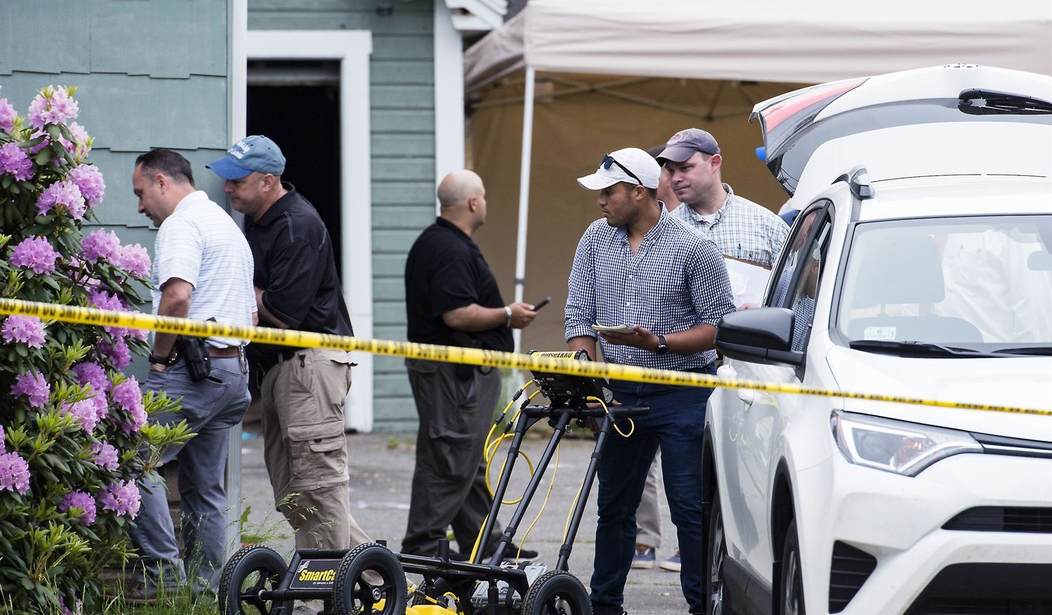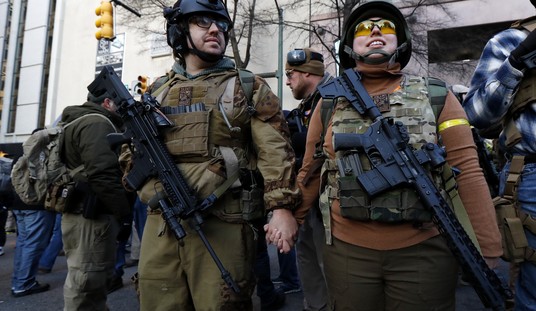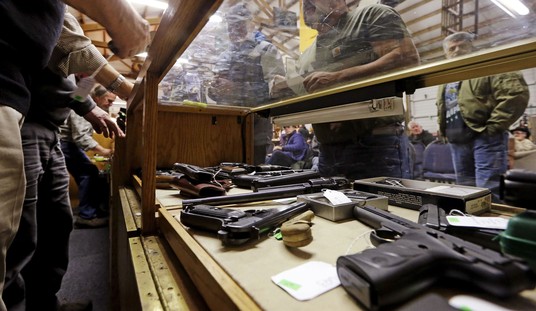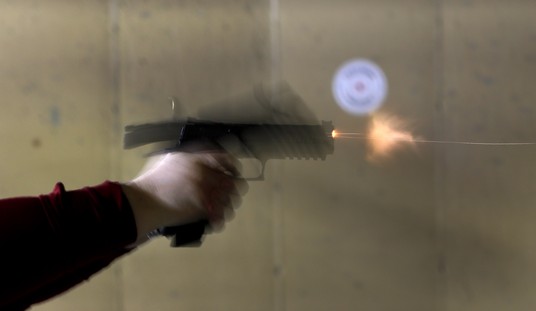The six states that make up New England have wildly different gun laws, with Vermont, New Hampshire, and Maine relatively free of the gun control restrictions found in Connecticut, Rhode Island, and Massachusetts. But the region's highest homicide rate isn't to be found in Portland, Maine or Portsmouth, New Hampshire. Instead, it's located in the heart of the most restrictive state of the six: Springfield, Massachusetts.
Last year Springfield's homicide rate was 20 per 100,000; well above the rate in Boston, Providence, Worchester, and Hartford. In fact, in 2023 the homicide rate in Springfield, Massachusetts was about four times higher than the homicide rate in Boston, and more than three times higher than the national homicide rate of 5.7 per 100,000 people reported by the FBI.
The wild disparity in homicides in Springfield and other Massachusetts communities is a pretty good indication that Massachusetts' draconian gun laws aren't a driving factor in preventing violent crimes. The same laws that are in place in Beantown are also in place 90 miles away in Springfield, but the latter is a far more dangerous place.
But Massachusetts Democrats continue to insist that more gun control is the answer; including imposing more restrictions on gun owners beyond Massachusetts' borders.
Members of Massachusetts’ congressional delegation, including Senators Elizabeth Warren and Ed Markey, are urging federal law enforcement officials to “ramp up” efforts to combat interstate gun trafficking in response to a recent spike in gun violence in Springfield.
“Springfield, the largest city in western Massachusetts, recently experienced a surge in gun violence,” the Democratic officials wrote in a letter sent Wednesday to Attorney General Merrick Garland and ATF Director Steven M. Dettelbach.
“In 2023, the city’s number of homicides reached a record high, double the homicide rate of 2022,” the letter read.
Blaming gun laws in other states for Springfield's crime woes is kind of like blaming Montana's lack of a speed limit for a car crash in Kentucky. Even if interstate gun trafficking is an issue, that doesn't explain why Springfield had a much higher homicide rate than other, equally gun-controlled cities in the region.
“The majority of crime guns recovered in Massachusetts are trafficked from other states with weaker gun laws,” the lawmakers wrote. “According to ATF’s 2024 firearm trafficking report, Massachusetts is among the top-five destination states for guns trafficked across state lines. In 2022, a whopping 76 percent of guns that ATF recovered and traced in the Commonwealth originated outside of the state. The top source-states supplying the guns flowing into Massachusetts are New Hampshire, Maine, and Vermont.”
All states, by the way, with lower crime and homicide rates than Massachusetts.
What Warren and Markey left out of their letter is that Massachusetts itself is the number one source state for guns recovered and traced in Massachusetts last year. You can check out the ATF data for yourself, but according to the 2022 statistics the top source state was, in fact, Massachusetts, which accounted for 877 of the 3,665 firearms that were traced. There were 291 firearms originally sold in New Hampshire that were subject to a Massachusetts trace, followed by 205 guns first sold in Maine that were traced in Massachusetts.
In other words, a gun recovered and traced by the ATF in Massachusetts is far more likely to have originated in-state than from gun sales in neighboring New Hampshire, Maine, or Vermont. It's also worth noting that the top reason for a trace in Massachusetts in 2022 was "firearm under investigation" (1,698 traces), followed by "possession of weapon" (896 traces). Those traces don't necessarily mean that a gun was used in a crime. A lawful gun owner from New Hampshire or Maine stopped for speeding could have their gun traced to see if it was stolen, for instance, and then be sent on their way once the case was cleared.
Those traces are also likely in many cases to involve guns that were stolen in neighboring states; again, an issue that gun control isn't going to address. The average age of a firearm traced in Massachusetts in 2022 was 7.88 years; hardly evidence of widespread interstate trafficking from Maine, Vermont, and New Hampshire.
If gun laws in neighboring states aren't to blame for the abnormally high homicide rate in Springfield, then what is going on in Springfield? Earlier this year Springfield police spokesman Ryan Walsh and Mayor Dominic Sarno laid out their theory, which makes a heckuva lot more sense than Warren and Markey's claims.
Walsh reiterated a message the department and Mayor Domenic Sarno have repeated for some time regarding how to curb violent crime in the city: Judges need to do more to keep repeat violent offenders off of he streets.
“High-risk offenders are also high-risk victims,” he said. “Shooters no longer fear incarceration and illegal firearms are far too accessible. These are the issues that still need to be addressed in the courts and at the State House.”
Not lawful gun owners. Not the gun laws in Maine, Vermont, or New Hampshire. Certainly not a lack of gun control in Massachusetts. It's too many violent offenders getting repeat opportunities to reoffend. Yes, Walsh also said that "illegal firearms are far too accessible", but remember that the number one source state for guns traced in Massachusetts is Massachusetts. We know that criminals largely obtain their firearms through theft or the black market, not retail sales or even private, person-to-person transfers. The way to curb crime is to focus on criminals, not crack down on lawful gun owners. It's not rocket science, but that simple fact still seems to beyond the ability of most Massachusetts Democrats in office... or maybe they're just using violent crime as an excuse to target those residents who still dare to exercise their Second Amendment rights.









